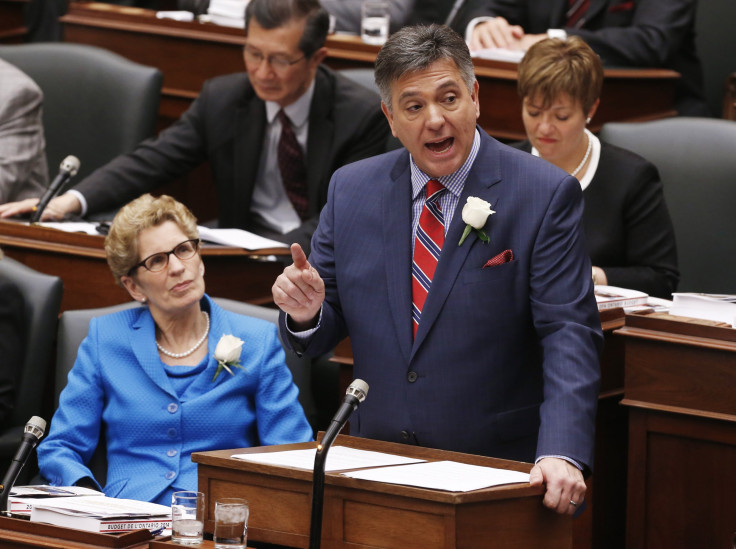Sousa Says Ontario Will Lead Global Economy

In line with Canada’s progressive growth outlook is its continued initiative when it comes to investments in order to create and expand job opportunities for Ontarians. Charles Sousa, Ontario's finance minister, said in his speech delivered on April 15 regarding 2014 Ontario Economic Outlook and Fiscal Review that such move is designed to complement the country’s plans in securing economic growth, long-term prosperity without neglecting fiscal responsibility.
The details of Ontario's Ministry of Finance’s plan shall be divulged on April 23 before the Ontario Legislature. According to Sousa, Ontario is well-positioned to lead the modern global economy so that in the weeks that would ensue, the ministry will outline its plan in stimulating Canada’s economy and creating jobs while eradicating its deficit and investing in Ontario’s future.
Sousa is confident that the provincial government’s plan in strengthening Ontario’s economy and stimulating it for long-term growth is possible through treading on a balanced path towards a balanced budget. Currently, the ministry of finance is reviewing and transforming programs, managing compensation costs, unlocking the value of provincial assets and ensuring everyone pays their fair share of taxes.
As to the provincial government’s deficit, he said it is committed in eliminating it by 2017-18 simultaneously while modernising and transforming public services. The government is also ready to counter adverse effects of certain economic conditions such as when the province’s revenue outlook falls below its 2014 budget projection. He elaborated that there are tools which would maintain a balanced budget without sacrificing critical investments in programs and services that people already depend on.
Managing Compensation Costs
Sousa said that compensations both in the public and private sectors are being managed. In private sector for example, the government’s collective agreement with the Association of Management, Administrative and Professional Crown Employees of Ontario resulted in a wage freeze in the first two years and 1.4 percent wage increase in each of the third and fourth years.
To affect the public sector, the government will introduce Bill 8 or the Public Sector and MPP Accountability and Transparency Act 2014 which, when passed, seeks to authorise the government to control the compensation of broader public-sector senior executives.
Everyone Should Pay Their Dues
Sousa vows that businesses operating underground or those which do not pay their respective fair share are detrimental to Ontario’s — and ultimately to the entire Canada’s — economy. To put a cap on underground economy’s growth, the government shall implement measures to ensure those who desire to do business with the government shall pay first their taxes before being awarded a contract.
You can read the entire speech of the minister here.
For comments or feedback on the article, contact the writer at kizmet@ymail.com.




















